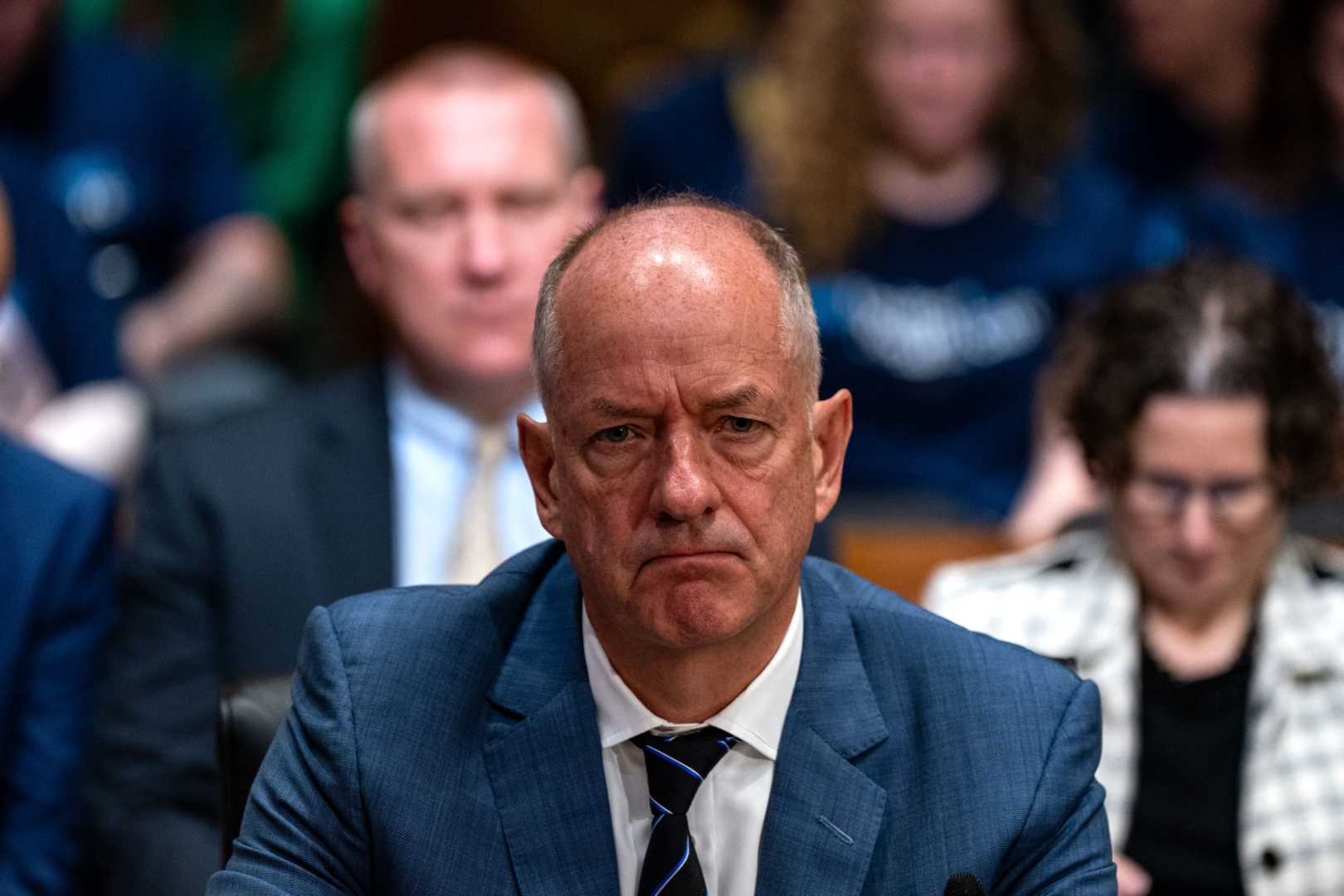Health
UnitedHealth CEO Calls for Health System Reform Amid Record Revenue

WASHINGTON, D.C. — UnitedHealth Group CEO Andrew Witty called for systemic reforms in the U.S. health care system during the company’s first earnings call since the fatal shooting of executive Brian Thompson. Witty acknowledged the system’s complexity and high costs while defending UnitedHealth’s role in lowering expenses for consumers.
“The health system needs to function better,” Witty said during the Thursday call. He described the current landscape as “confusing, complex, and costly,” attributing these issues to the fragmented nature of state, federal, and private sector programs. Witty also expressed gratitude for the outpouring of condolences following Thompson’s death, calling him a dedicated leader who worked to improve the health system.
Thompson, who led UnitedHealth’s insurance arm, was shot and killed in Manhattan on Dec. 4. Luigi Mangione, the suspect charged in the killing, is being held without bond in Brooklyn and has pleaded not guilty to capital murder charges.
Witty’s remarks came as UnitedHealth reported record 2024 revenues of over $400 billion, an 8% increase from 2023. However, the company’s profits fell by more than a third, from $22.3 billion in 2023 to $14.4 billion last year. Shares dropped more than 4% following the earnings report, which also triggered a sell-off in other health care stocks.
The CEO addressed the profit-driven nature of U.S. health care, noting that high costs benefit some participants in the system. “Lower prices and improved services can threaten revenue streams for organizations that depend on charging more for care,” he said. Witty specifically criticized drug companies for disproportionately high prices in the U.S., citing the weight loss drug GLP as an example. He claimed the drug costs one-tenth of its U.S. price in Europe.
Witty also defended UnitedHealth’s pharmacy-benefit managers (PBMs), who negotiate drug prices, stating they pass 98% of savings on to customers and are committed to reaching 100%. However, PhRMA, a trade group representing drug companies, pushed back on Witty’s claims. “PBM abuses are driving up costs,” said Alex Schriver, PhRMA’s senior vice president of public affairs, in a statement.
UnitedHealth faces ongoing challenges, including a major hack last year that affected an estimated 100 million people, regulatory scrutiny over alleged price inflation, and a class-action lawsuit accusing the company of using error-prone software to review claims. The company denies these allegations.
Despite these issues, Witty expressed optimism about addressing systemic flaws. “Health care in every country is complex, and the solutions are not simple, but you should expect this company to continue to work at it,” he said.












